According to a report by Handelsblatt, Bundesbank head Jens Weidmann warned the German Federal Cabinet last week that that even though growth is still “intact”, political risks would “increase”. More importantly, Weidmann pointed to the slow down in momentum and the downward revision in 2018 growth forecasts from 2.5% to 2.0%. The drop in momentum, according to Weidmann, is a prove that “good economic development could not go on forever”. The risks include US protectionist trade policy, Brexit and new geopolitical conflicts.
Weidmann urged the government to prepare for worse times. It takes some time to normalize monetary policy. And for now, ECB “could not react in the next downturn”. And because of that, fiscal policy must take on the task should there be a new crisis. But due to their high debt levels, many Eurozone countries would also have limited ability to “cushion” a down turn.




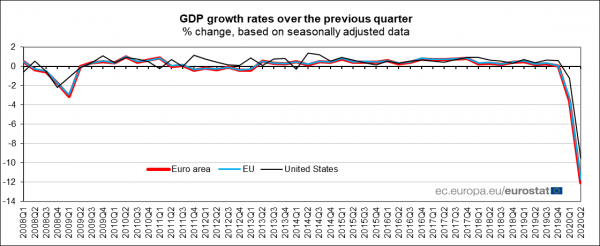
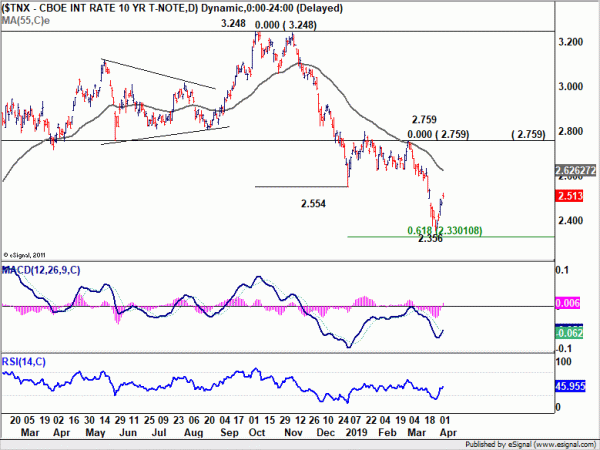
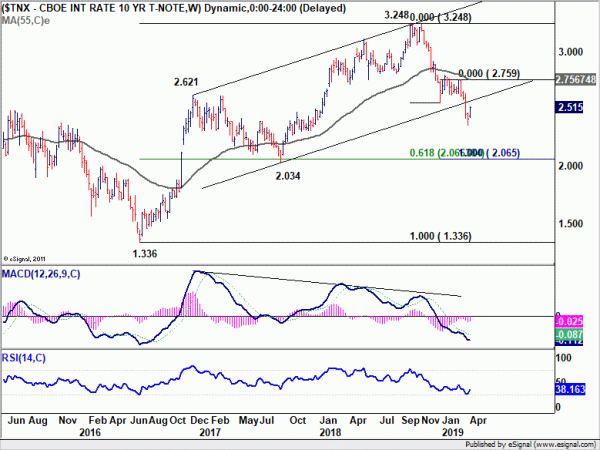
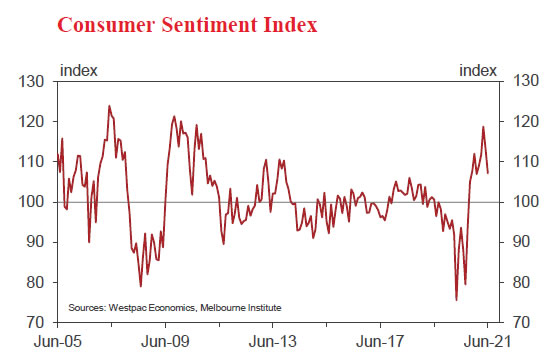
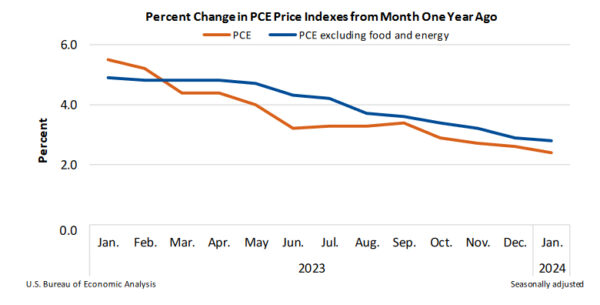
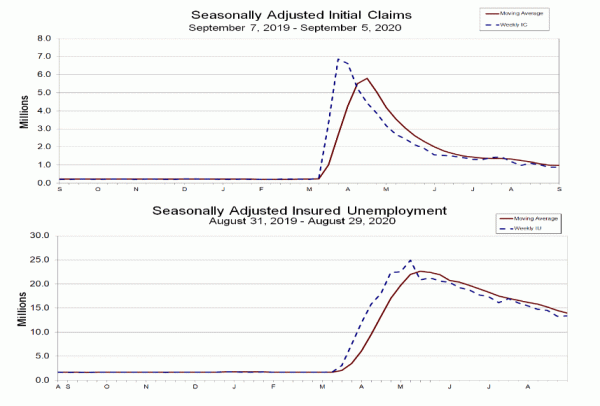
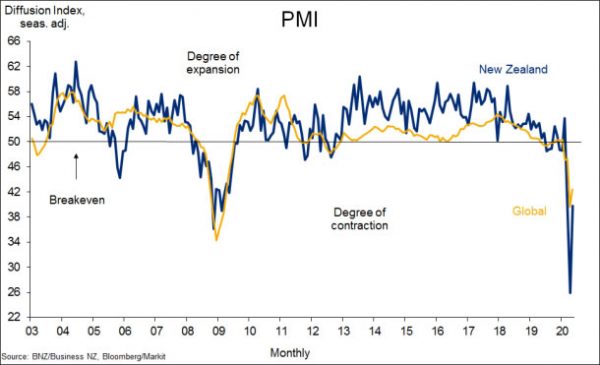
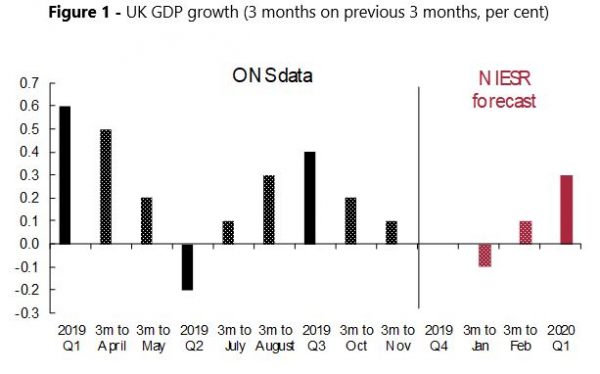
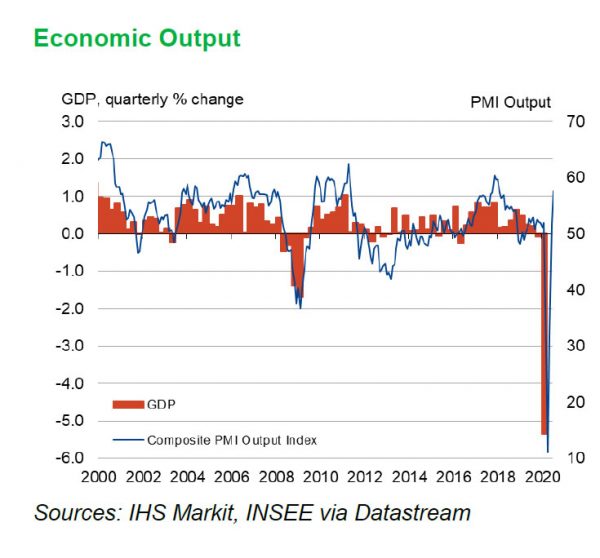
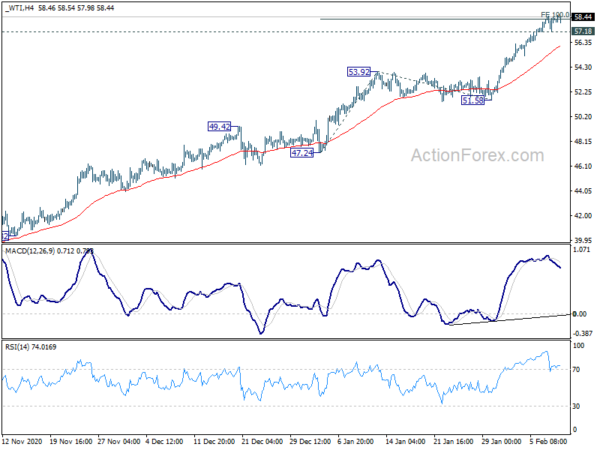
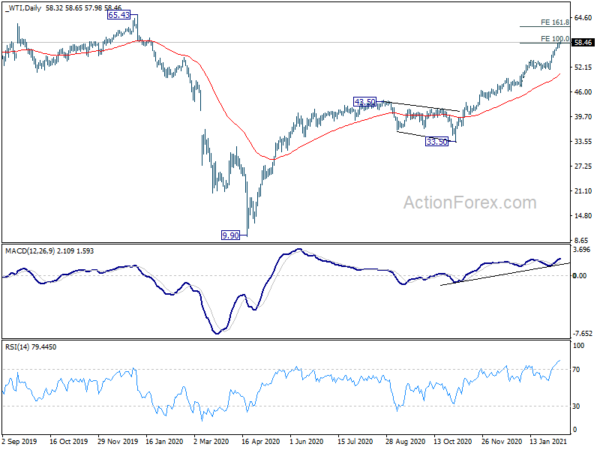
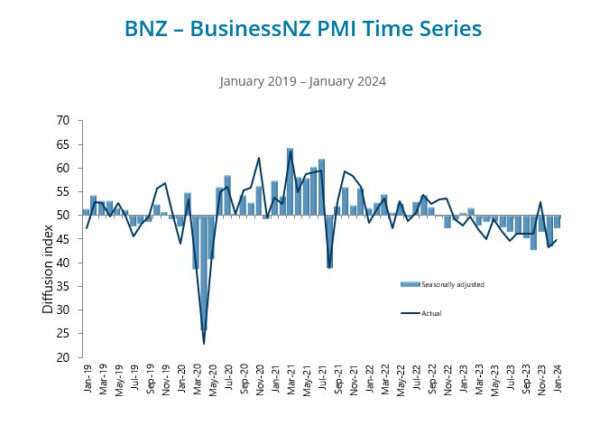

BoE Bailey: It’s important not to over-react to temporarily strong growth and inflation
BoE Governor Andrew Bailey urged in a speech that, “it is important not to over-react to temporarily strong growth and inflation, to ensure that the recovery is not undermined by a premature tightening in monetary conditions.”
Though, he admitted, “it is also important that we watch the outlook for inflation very carefully, which of course we do at all times, particularly for signs of more persistent pressure and for a move of medium term inflation expectations to a higher level.”
“And if we see those signs, we are prepared to respond with the tools of monetary policy,” he pledged.
Full speech here.